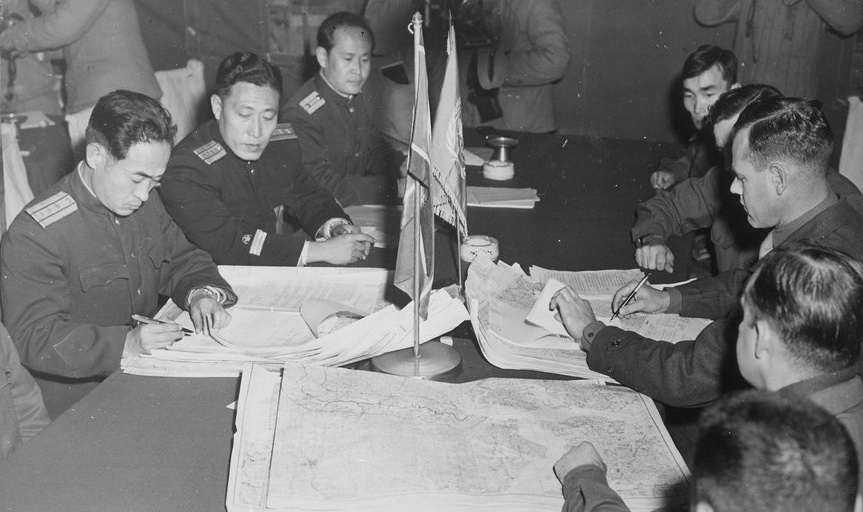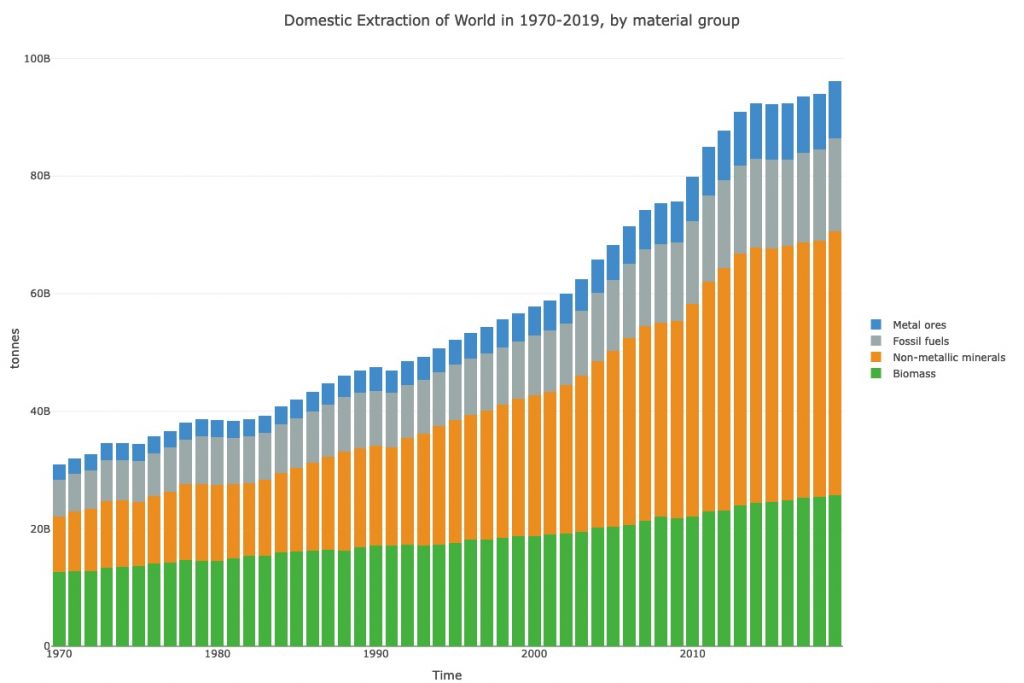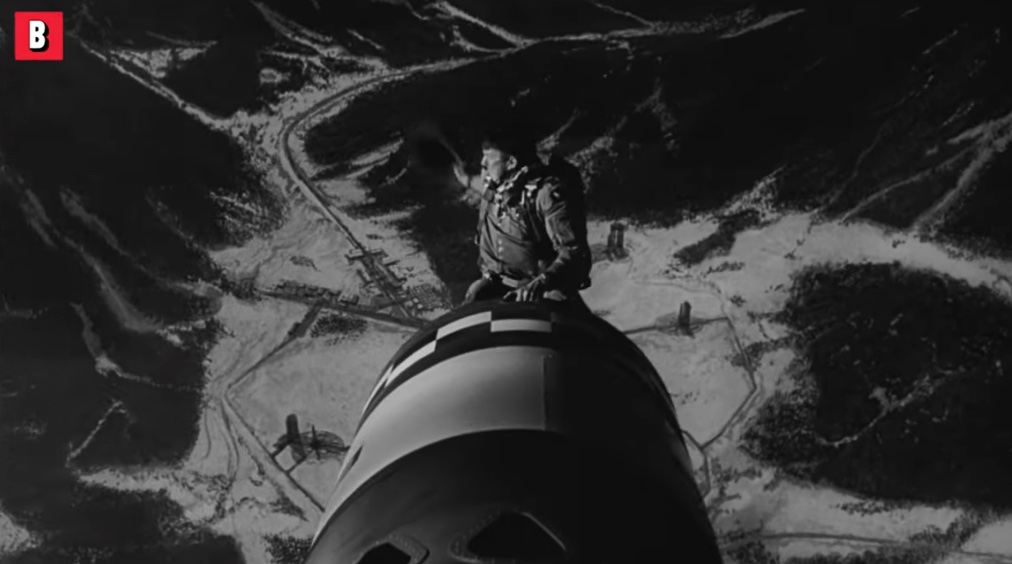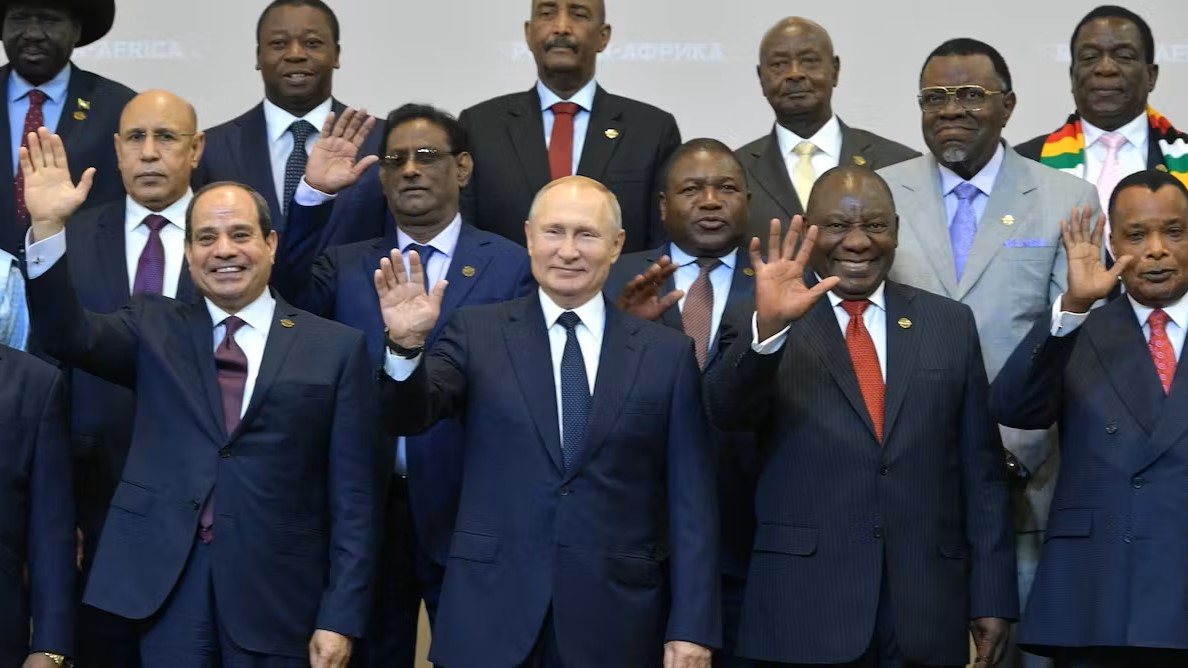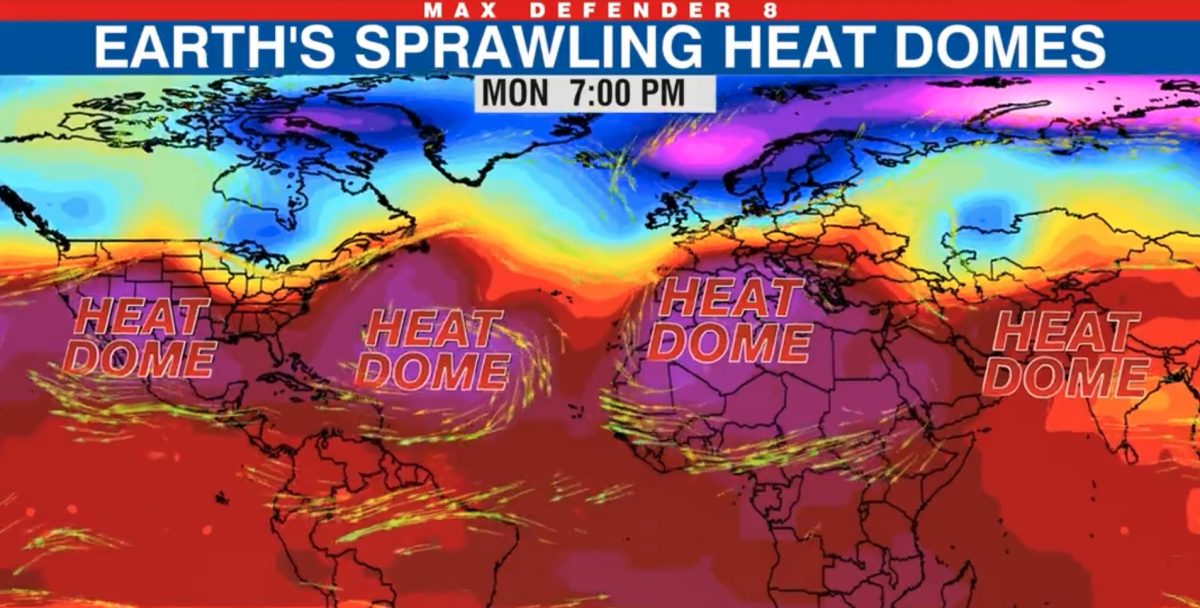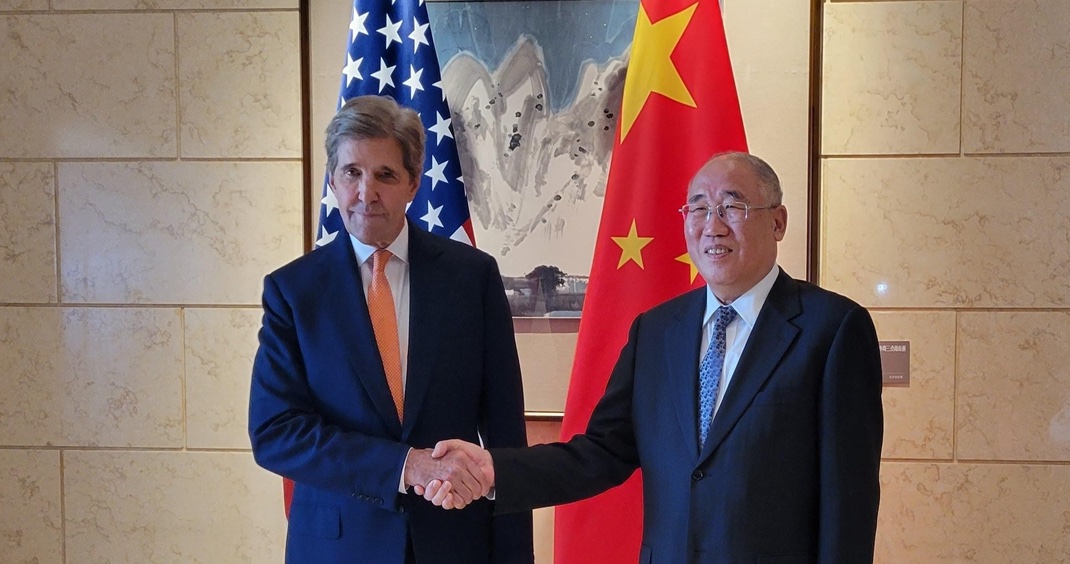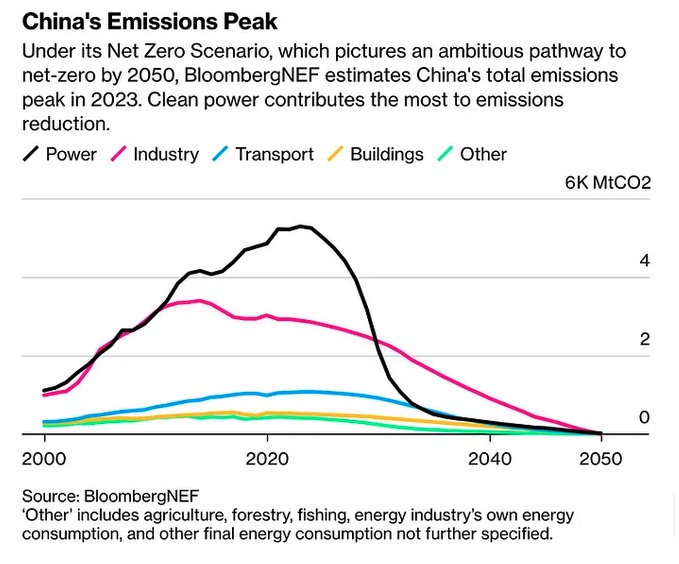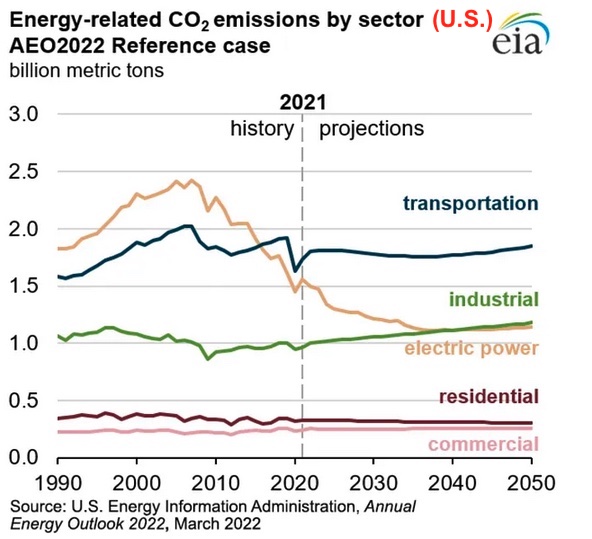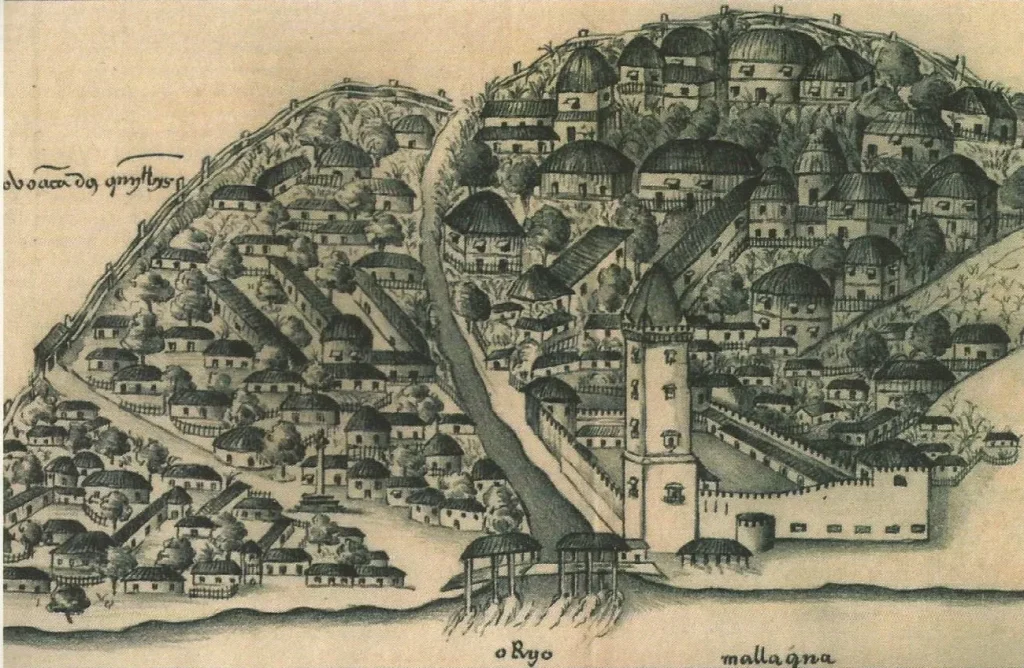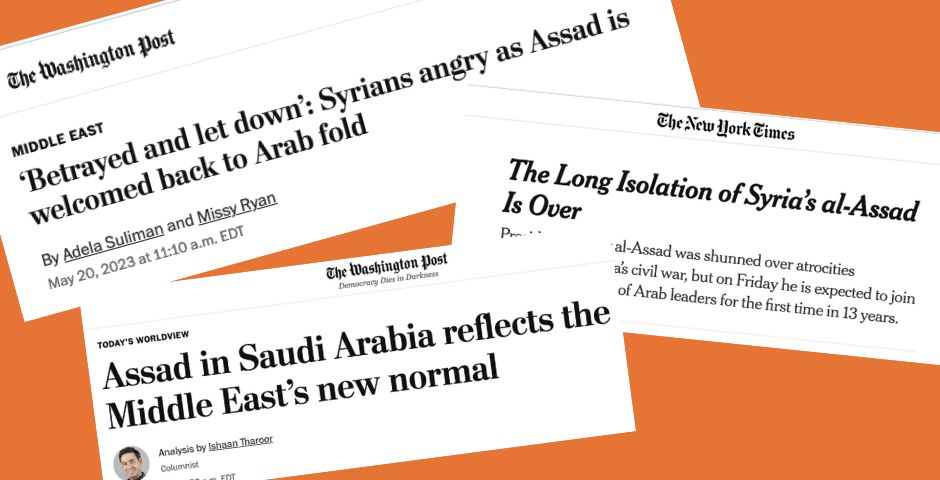The above image shows colonels from the North Korean and U.S. militaries discussing possible lines for an armistice, October 1951
Pres. Joe Biden’s avowals that the United States will back Ukraine’s campaign to push the Russian military out of its eastern provinces for “as long it takes” have become a mounting chorus over recent months. (He has seldom if ever spelled out the precise nature of the “it” in question. That’s problematic, since Washington and Kyiv have deep disagreements over the extent of their war goals. Perhaps U.S. taxpayers and everyone else deserve some clarity on this point?)
Of course, if Biden were to offer a clear and compelling vision of the outcome for whose pursuit he has been pouring money and weapons into Ukraine, he might also have to explain such anomalies as to why this war against Russia’s bad actions should be supported when he and his predecessor have steadfastly supported Israel’s annexations of Golan and East Jerusalem; whenWashington has long thought that blithely splitting Kosovo off from Serbia was quite okay; and why no-one in Washington has ever been held accountable for the illegal 2003 invasion of Iraq…
There are doubtless numerous factors that hold Biden back from offering a specific and principled vision of Washington’s goals for the anti-Russia campaign in Ukraine… And in its place we are offered only the content-free pablum of “as long as it takes.”
This is dangerous territory. Especially today, as we survey the failure of the summer’s long-touted “counter-offensive” against Russia’s military units in eastern Ukraine… Biden’s repeated “ALAIT” declarations portend only a lengthy, continuing commitment of U.S. and allied resources—and of Ukrainian lives—into a World War I-style meat grinder with increasingly devastating local and global consequences.
Continue reading “‘As long as it takes’: Washington’s dangerous trap for Ukraine”
